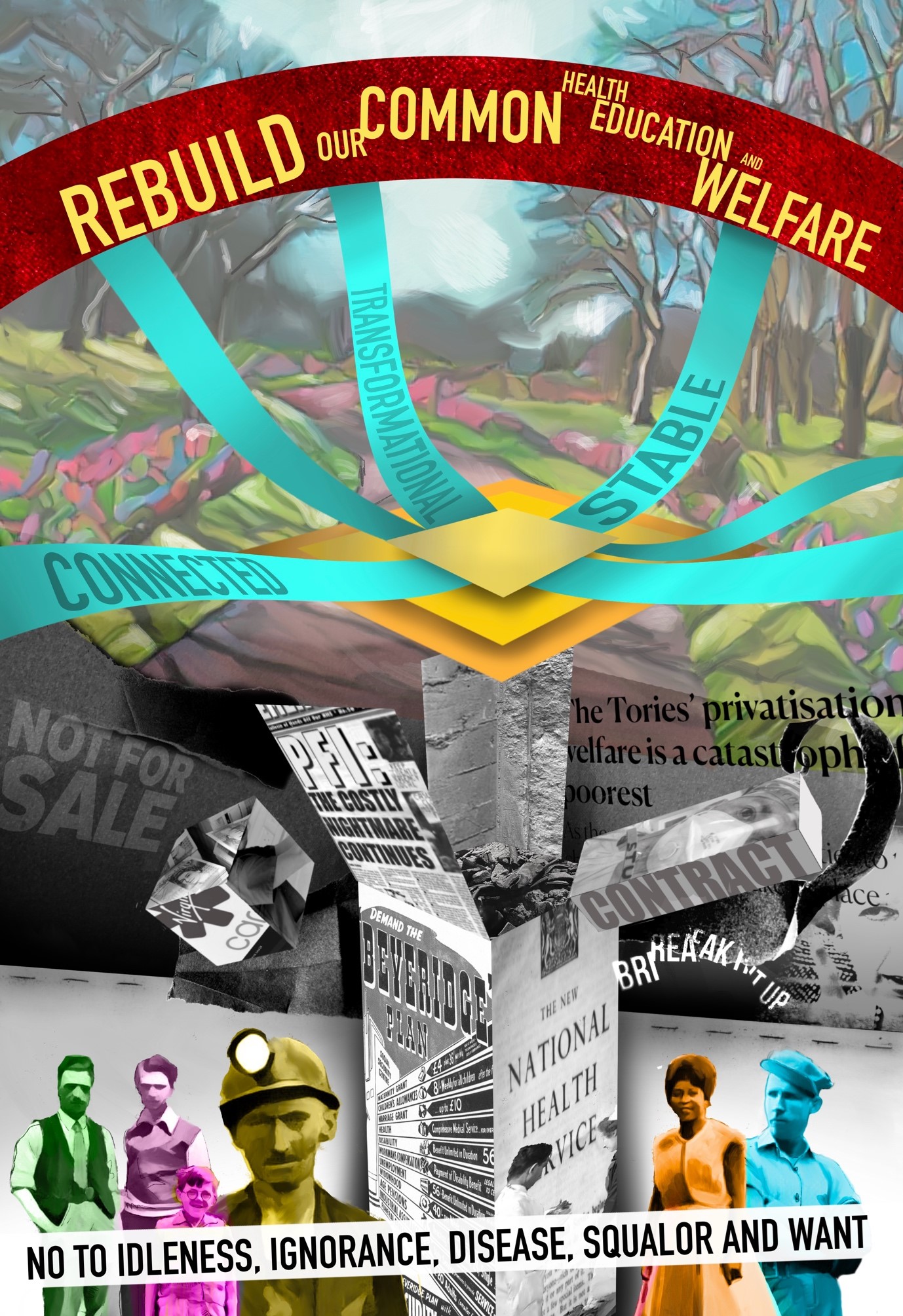
Act Now: Lessons from Beveridge

In the 1940s, Britain was facing the acute crisis of the Second World War against the background of inadequate provision of the means for a good life for most people. The tumult led to reform and the creation of better institutions and demonstrable social progress. An important stimulus for change was the Beveridge Report. Originating outside any one political party, the report spelled out a tangible pathway to a better future, in the form of specific policy proposals that also added up to a coherent vision. It was widely disseminated and immediately understood by the country. The Labour Party’s endorsement of it contributed to the Labour landslide in the 1945 general election. In this chapter, we set the scene for 2024 by revisiting the Britain of the war. We need a progressive programme of the same scope, scale and ambition as that of the 1945 government to deal with our current challenges. To make this happen, there needs to be broad national consensus around concrete, common-sense, timely, implementable ideas.
Recommendations
Beveridge, Attlee and governments for the three decades that followed them recognised that only comprehensive, broad reforms could deal with the crisis as it then existed. Britain experienced a period of unprecedented growth and success alongside unprecedented low levels of inequality and poverty. To deal with the much greater issues we now face, we must:
- Accept that we are in a position of crisis as significant as the Second World War.
- Face up to the fundamental condition of ultra-insecurity to which we are all exposed individually and realise that we can only achieve security collectively as a nation.
- Understand that headline economic growth, of little relevance to the vast majority of the population, cannot be an excuse for damaging living standards and the collective basis of a good life.
- Be bold in advocating policies that will enable us to live successfully, advance civic action and rebuild our nation.
- Vote for politicians and parties that want to make change.